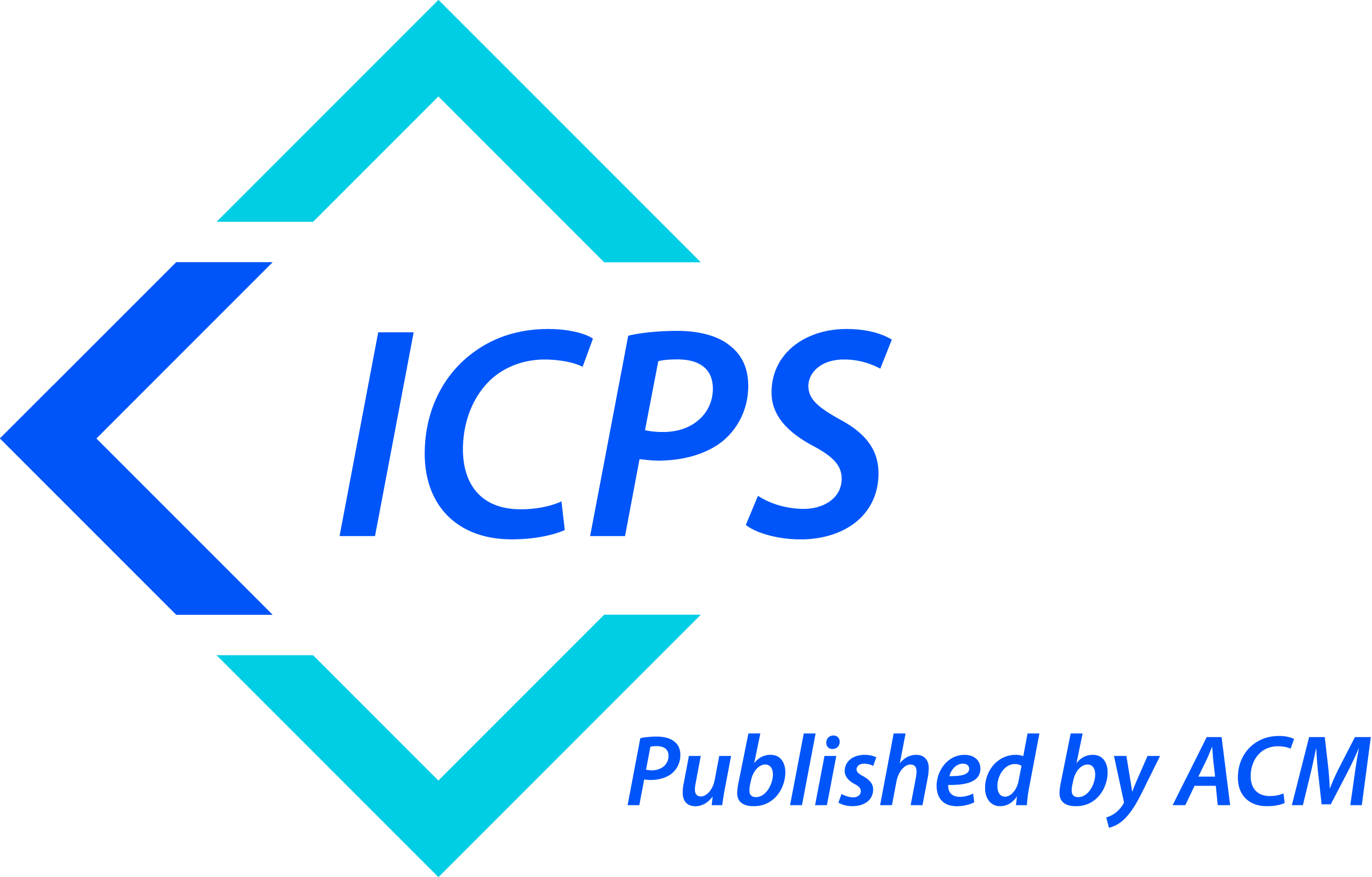Conference chair
Aleksandra Mileva, University Goce Delcev (North Macedonia)
Program committee co-chairs
Virginia Franqueira, University of Kent (UK)
Steffen Wendzel, Worms University of Applied Sciences (Germany)
Program committee
Kevin Allix, University of Luxembourg (Luxembourg)
Rafael Asorey Cacheda, Universidad Politécnica de Cartagena
(Spain)
Laurent Aufrechter, Thales (France)
Jurlind Budurushi, Qatar University (Qatar)
Luca Caviglione, IMATI - CNR (Italy)
Michal Choras, ITTI (Poland)
Marijke Coetzee, North-West University (South Africa)
Pavlos Efraimidis, Democritus University of Thrace (Greece)
Tobias Eggendorfer, Agentur für Innovation in der Cybersicherheit
(Germany)
Damjan Fujs, University of Ljubljana (Slovenia)
Joaquín Garcia-Alfaro, Institut Polytechnique de Paris (France)
Dieter Gollmann, Hamburg University of Technology (Germany)
Petra Grd, University of Zagreb (Croatia)
Nils Gruschka, University of Oslo (Norway)
Mordechai Guri, Ben-Gurion University (Israel)
Piroska Haller, University of Medicine, Pharmacy, Sciences and
Technology of Tg. Mures
(Romania)
Marko Hölbl, University of Maribor (Slovenia)
Siv Hilde Houmb, Statnett (Norway)
Pedro Inácio, Universidade da Beira Interior (Portugal)
Audun Josang, University of Oslo (Norway)
Georgios Karopoulos, European Commission, Joint Research Centre
(Italy)
Sokratis Katsikas, Norwegian University of Science and Technology
(Norway)
Stefan Katzenbeisser, University of Passau (Germany)
Romain Laborde, University Paul Sabatier Toulouse III (France)
Jean-Francois Lalande, CentraleSupélec / Inria (France)
Gabriele Lenzini, SnT/University of Luxembourg (Luxembourg)
Shujun Li, University of Kent (UK)
Haibing Lu, Santa Clara University (USA)
Olaf Maennel, Tallinn University of Technology (Estonia)
Brad Malin, Vanderbilt University (US)
Karola Marky, Leibniz University Hannover (Germany)
Peter Mayer, Karlsruhe Institute of Technology (Germany)
David Megías, Internet Interdisciplinary Institute (IN3) /
Universitat Oberta de
Catalunya (Spain)
Rodrigo Miani, Universidade Federal de Uberlândia (Brazil)
Anže Mihelič, University of Maribor (Slovenia)
Caroline Moeckel, Royal Holloway, University of London (UK)
Pal-Stefan Murvay, Politehnica University of Timisoara
(Romania)
Bashar Nuseibeh, The Open University (UK) & Lero (Ireland)
Sebastian Pape, Goethe University Frankfurt (Germany)
Marek Pawlicki, UTP Bydgoszcz (Poland)
Fernando Pérez-González, Universidade de Vigo (Spain)
Kaja Prislan, University of Maribor (Slovenia)
Helena Rifà-Pous, Universitat Oberta de Catalunya (Spain)
Judith Rossebo, ABB Norway (Norway)
Anderson Santana De Oliveira, SAP (Germany)
Lynsay Shepherd, Abertay University (UK)
Gerardo Simari, Universidad Nacional del Sur and CONICET
(Argentina)
Kai Simon, Fraunhofer-Gesellschaft (Germany)
Florian Skopik, AIT Austrian Institute of Technology (Austria)
Daniel Spiekermann, Polizeiakademie Niedersachsen (Germany)
Hung-Min Sun, National Tsing Hua University (Taiwan)
Igor Tomičić, University of Zagreb (Croatia)
Mahesh Tripunitara, University of Waterloo (Canada)
Edgar Weippl, University of Vienna (Austria)
Christos Xenakis, University of Piraeus (Greece)
Nicola Zannone,Eindhoven University of Technology (Netherlands)
Aleš Završnik, Institute of Criminology at the Faculty of Law
Ljubljana (Slovenia)
Marco Zuppelli, CNR (Italy)
Organizing co-chairs
Martin Gilje Jaatun, University of Stavanger (Norway)
Chunming Rong, University of Stavanger (Norway)
Steering committee
Igor Bernik, University of Maribor (Slovenia)
Bela Genge, University of Medicine, Pharmacy, Sciences and Technology of Tg. Mures
(Romania)
Joerg Keller, FernUniversitaet in Hagen (Germany)
Blaž Markelj, University of Maribor (Slovenia)
Wojciech Mazurczyk, Warsaw University of Technology (Poland)
Simon Vrhovec, University of Maribor (Slovenia)






